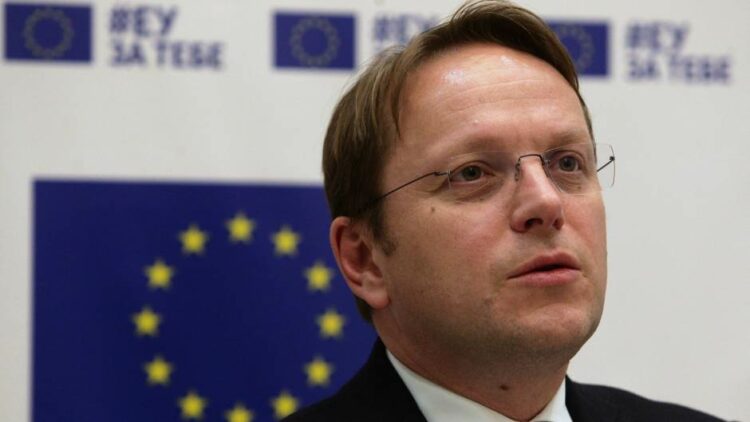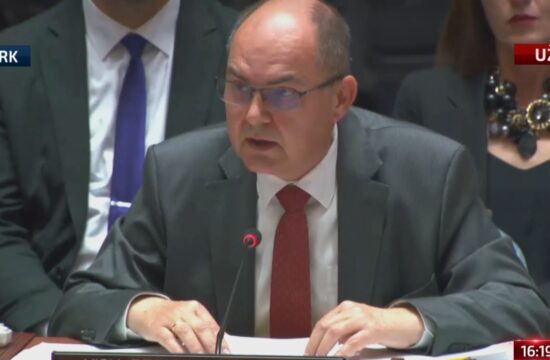
European Neighbourhood and Enlargement Commissioner Olivér Várhelyi told the European Western Balkans portal that the region has made a clear choice and belongs in the European Union.
“The facts are clear: the Western Balkans are our immediate neighbors and our natural partners. We are by far the most present there: 75% of foreign investments come from the EU, 70% to 80% of trade is with the EU. While other countries are also present in the region and try to exert their influence, the Western Balkans made a clear choice of EU future. And that is where they belong,” he said.
He said that the EU enlargement policy was put back on track with the revised methodology and decision to open talks with Albania and North Macedonia. “Let me stress that the top-level commitment to the European perspective of the Western Balkans was always there. Enlargement remains one of the key policies of the European Union, and even last October, when the European Council did not reach an agreement on the opening of talks, the EU perspective was not disputed. It however became clear that the process lacked credibility,” he said.
The commissioner said that there will be no change to the negotiating frameworks for Serbia and Montenegro. “They are well advanced in the talks and the rules of the game can’t change when the game is already in progress,” he said.
Varhelyi said that the coronavirus pandemic is having an enormous impact on EU institutions, member states and the Western Balkans. “We are in a very close contact with all our Western Balkans partners when it comes to the coronavirus crisis to help as much as we can. Our partners have taken the measures they deemed necessary to address the crisis, being aware of the need to be effective but proportionate. We have seen some measures that were taken readjusted, as this crisis has no script,” he added.
“We are associating the Western Balkans to a number of EU initiatives, for example the European Centre for Disease Prevention and Control and our joint procurement initiative or the proposal of the Transport Community and CEFTA for the ‘green lines’ to ensure the flow of goods and medicines through the region. Countries in accession talks will also be eligible for the Solidarity Fund, which for example helped Serbia when it was hit by severe floods. We are also discussing possibilities to provide the region with Macro-economic Financial Assistance to their budgets. I think all this is a very concrete expression of solidarity, recognised also in Serbia,” he said.
“This is not a race or a popularity contest, this is about helping. We are doing everything we can to support the Western Balkans and I welcome the fact that China is also helping there. Europe has also previously supported China in fighting the coronavirus. It is quite clear that this is a global crisis that needs a global response,” the commissioner said.




